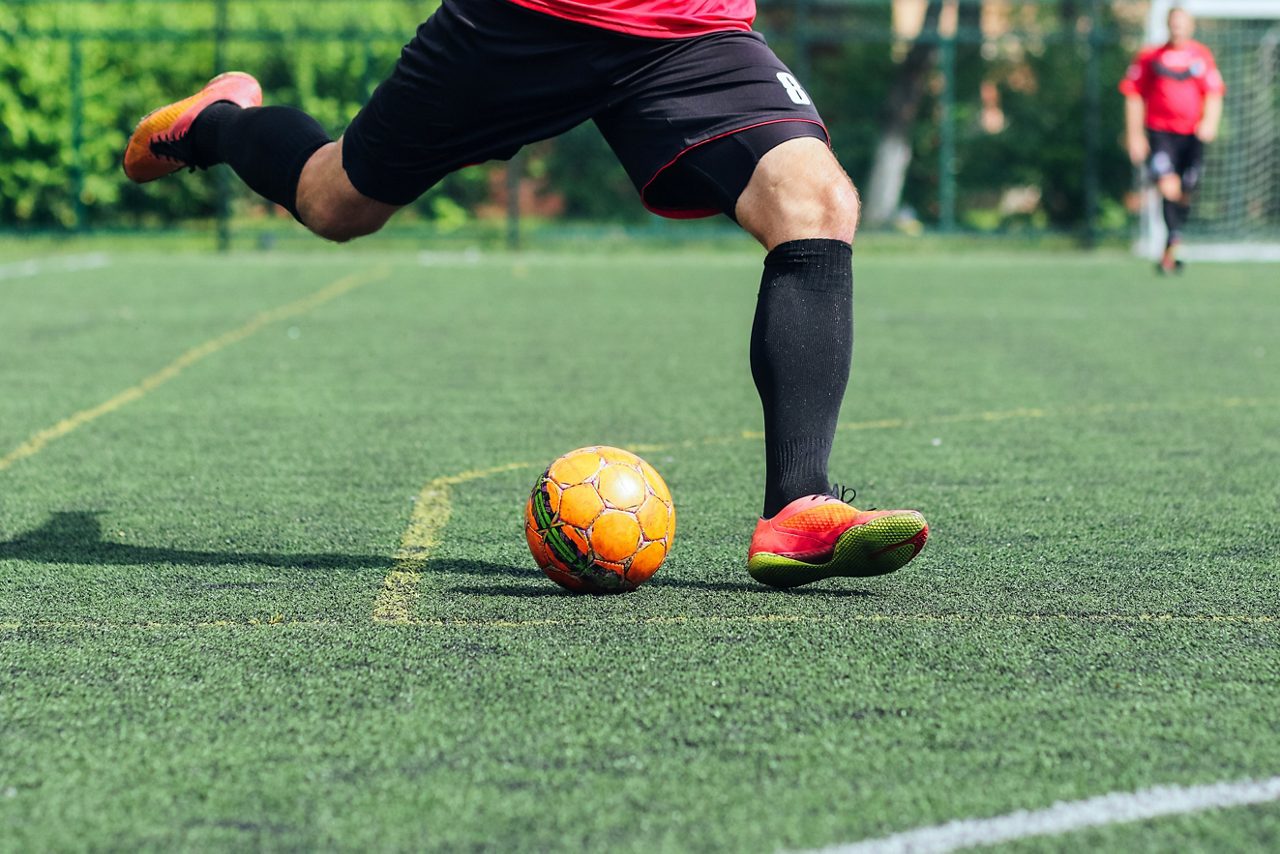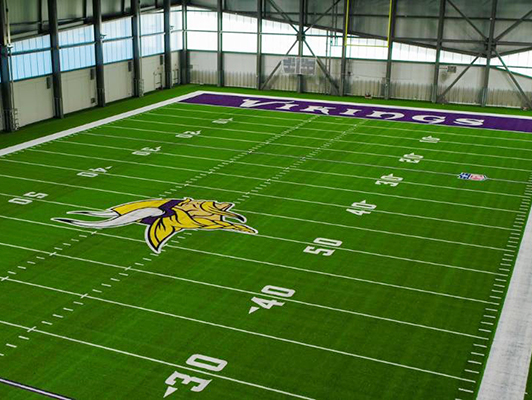Find Trusted Artificial Turf Companies Phoenix for Long-Lasting and Natural-Looking Grass
Find Trusted Artificial Turf Companies Phoenix for Long-Lasting and Natural-Looking Grass
Blog Article
Explore the Environmental Benefits of Opting for Artificial Turf Solutions
The fostering of fabricated lawn services provides a compelling opportunity to resolve pushing environmental difficulties. By considerably minimizing water use and minimizing the application of harmful chemicals, these choices not just promote lasting landscape design however additionally shield neighborhood environments.
Water Conservation Benefits
One of the most significant benefits of synthetic grass is its capability to preserve water. In comparison, artificial grass does not require watering, considerably minimizing the overall need for water resources.
By getting rid of the need for normal watering, synthetic grass contributes to sustainable landscape methods and aids minimize the environmental impact of excessive water consumption. The preservation of water extends to the decrease of drainage, which can lead to dirt disintegration and waterway pollution.
Additionally, the installation of synthetic grass allows house owners and districts to assign water sources more successfully, concentrating on important uses such as drinking water and agriculture. The change in the direction of synthetic grass not just advertises liable water use however likewise aligns with more comprehensive ecological goals intended at maintaining natural resources.
As areas progressively focus on sustainability, the water conservation benefits of synthetic grass offer an engaging instance for its adoption in property and business landscape design jobs.
Reduced Chemical Usage
The transition to synthetic grass dramatically lowers the dependence on chemical treatments generally utilized in natural yard upkeep. Traditional grass monitoring normally includes the application of herbicides, fertilizers, and pesticides to advertise development and control pests. These chemicals can present threats to human health and wellness, regional wildlife, and the environment, contributing to soil and water contamination.
On the other hand, fabricated grass gets rid of the requirement for these unsafe substances. As soon as mounted, it calls for very little maintenance, mostly containing routine cleaning and occasional infill replenishment. This decrease in chemical usage not only profits the prompt environment but likewise contributes to wider eco-friendly security. By decreasing the launch of synthetic compounds right into the ecological community, synthetic grass advertises much healthier soil and water systems.
Additionally, the lack of chemical runoff associated with artificial grass installations helps secure local rivers from pollution, sustaining aquatic life and maintaining biodiversity. Arizona artificial turf. As neighborhoods increasingly prioritize lasting techniques, going with synthetic grass provides a viable service that lines up with ecological preservation goals. Through this change, homeowner can delight in lush environment-friendly spaces without jeopardizing ecological health and wellness, leading the way for a much more sustainable future
Reduced Carbon Footprint

Additionally, the installation of synthetic grass can lead to substantial water preservation. All-natural lawns require significant amounts of water for watering, which not just contributes to the carbon footprint connected with water extraction and treatment but also pressures local water sources. In contrast, synthetic grass needs very little upkeep, needing no watering, therefore dramatically decreasing water usage and its article source linked power prices.
In addition, the durability of man-made lawn adds to its lower carbon impact. With a life-span of as much as 15 years or more, the demand for constant replacements is lessened, resulting in less waste and lower power intake in manufacturing and throwing away typical yard choices. On the whole, man-made grass presents a lasting choice for ecologically aware landscaping.
Habitat Conservation
Habitat preservation is an essential consideration in the debate over landscaping options, especially when comparing synthetic lawn to natural turf. Natural lawn yards typically call for substantial upkeep, including making use of herbicides, plant foods, and chemicals, which can adversely influence regional communities. These chemicals can leach right into the soil and rivers, hurting indigenous plants and fauna and interrupting neighborhood environments.
On the other hand, synthetic grass offers a chance to reduce the environmental impact of landscape design. By choosing for artificial turf, property owners can decrease the interruption of all-natural environments related to traditional grass treatment methods. Synthetic grass gets rid of the need for dangerous chemicals, thus protecting nearby wild animals and preserving the stability of surrounding environments. In addition, the installment of man-made lawn can cause the conversion of former yard locations right into more biodiverse landscapes, such as pollinator gardens or native plant areas, which can sustain regional find more info wild animals.
Eventually, the change to synthetic grass not just conserves water and lowers maintenance initiatives yet also cultivates an extra harmonious connection in between human tasks and the native environment, advertising habitat conservation at the same time.
Long-Term Sustainability
Long-term sustainability is a vital consider evaluating the benefits of artificial lawn over traditional turf yards. Among the most substantial advantages of man-made turf is its toughness; it can last as much as 15-20 years with minimal upkeep, whereas all-natural turf requires regular reseeding and substitute. This longevity reduces the need for continuous resources, such as water, fertilizers, and pesticides, which are necessary for keeping a healthy grass yard.
Additionally, synthetic grass contributes to a decrease in carbon discharges related to yard treatment equipment. Standard grass frequently need gas-powered lawn mowers, leaners, and blowers, all of which add to air pollution. Turf installation phoenix az. In contrast, fabricated lawn gets rid of the requirement for such equipment, advertising a cleaner setting
In addition, the production of synthetic grass progressively uses check it out recycled products, enhancing its sustainability profile. As makers embrace eco-friendly methods, the ecological footprint of synthetic grass proceeds to diminish.

Conclusion
The adoption of synthetic grass options offers substantial ecological benefits, including considerable water conservation, decreased reliance on hazardous chemicals, and a reduced carbon impact. Artificial grass aids in preserving natural environments by minimizing land disturbance and advertising lasting sustainability via the use of durable products. Jointly, these factors emphasize the capacity of synthetic grass to contribute positively to ecological health and wellness and supply a sensible option to conventional landscape design practices in a significantly resource-conscious globe.
In comparison, man-made turf does not need watering, dramatically reducing the general need for water sources. By reducing the release of synthetic substances into the ecological community, man-made grass promotes much healthier soil and water systems.
Additionally, the installment of synthetic turf can result in considerable water preservation. In contrast, man-made lawn requires marginal maintenance, needing no watering, consequently significantly lowering water use and its linked energy expenses.

Report this page